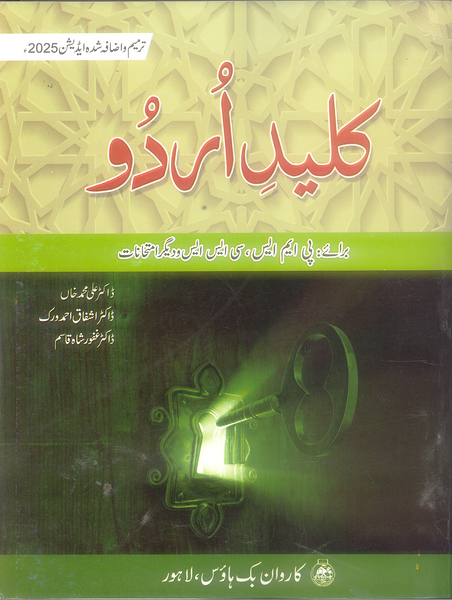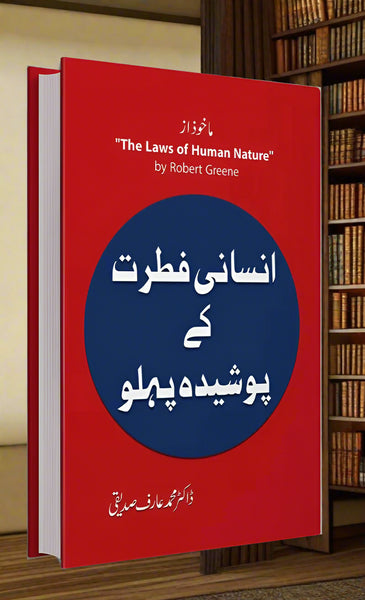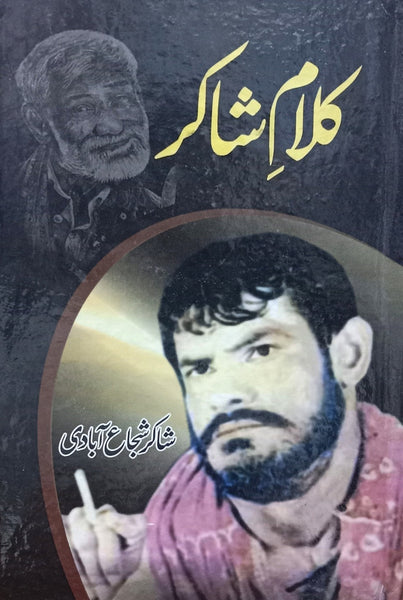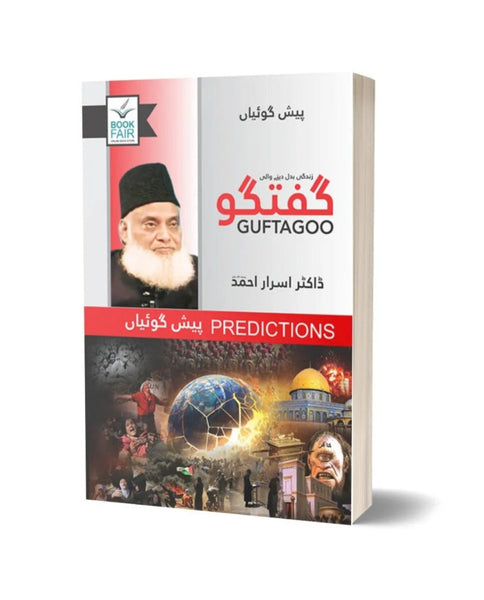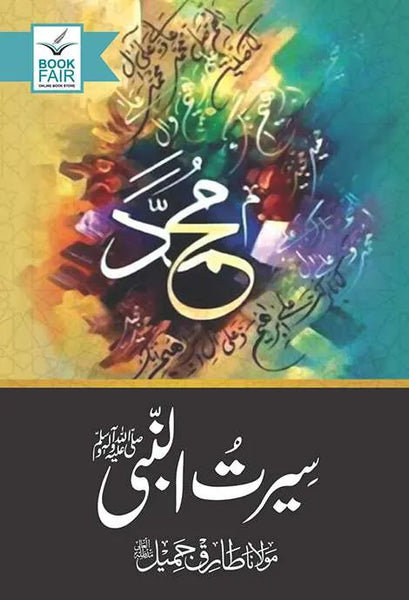Faraib by Abdullah Hussain
- Publisher: Sang-E-Meel Publications
- Availability: In Stock
- SKU: 17411
- ISBN: 969352571
- Number of Pages: 192
Rs.560.00
Rs.700.00
Tags: Abdullah Hussain , Abdullah Hussain’s Legacy , Betrayal in Love , Complex Human Nature , Complex Narratives , Emotional Struggles , Existential Reflection , Family Dynamics , Faraib , Fictional Analysis , Introspection , Literary Excellence , Literary Influence in Pakistan. , Loss and Identity , Narrative Technique , Novels About Love , Pakistani Literature , Pakistani Society , Philosophical Urdu Novels , Psychological Drama , Psychological Literature , Realistic Characters , Sang-E-Meel Publications , Social Commentary , Social Expectations , Symbolism in Urdu Literature , The Morality of Relationships , Tragic Literature , Urdu Literature Review , Urdu Novelists , Urdu Novels , Urdu Prose , Urdu Social Drama , Writing Style of Abdullah Hussain
Faraib is a critically acclaimed Urdu novel by renowned Pakistani writer Abdullah Hussain. Known for its deep psychological exploration and vivid social commentary, the novel deals with complex human emotions, societal pressures, and the moral dilemmas individuals face. The narrative touches on themes of love, betrayal, and personal sacrifice while offering a rich, nuanced portrayal of characters.
Key Features:
-
Psychological Depth:
The novel delves deeply into the psychology of its characters, particularly their internal conflicts, desires, and fears. It explores the consequences of emotional and moral choices. -
Themes of Love and Betrayal:
Faraib revolves around the intricate dynamics of love, passion, and the sense of betrayal that often accompanies relationships. The story unfolds around characters who face emotional complexities and the consequences of deceit. -
Social Commentary:
Through the lens of personal relationships, the novel critiques societal expectations, norms, and the pressures placed on individuals, especially in the context of family and societal structures. -
Realistic Characters:
The novel features well-developed characters who reflect the complexity of human nature. Their struggles and moral dilemmas make them relatable to readers, as they navigate the tension between personal desires and social constraints. -
Narrative Style:
The narrative is introspective and reflective, often focusing on the inner workings of the characters’ minds. Abdullah Hussain's writing is known for its elegant yet raw portrayal of emotional struggles. -
Symbolism and Allegory:
The novel uses symbolism and allegory to highlight the broader themes of deception, identity, and existential confusion. These elements offer deeper layers of meaning to the story. -
Cultural Reflection:
Set in the cultural and social milieu of Pakistan, Faraib provides a critical reflection on the psychological and emotional challenges that individuals face in such a setting. -
Moral Exploration:
Faraib engages with questions of morality and ethics, examining the consequences of actions and the personal toll of making difficult decisions. The novel raises important questions about right and wrong, often leaving the reader to grapple with ambiguous answers. -
Tragic Elements:
The narrative carries a tragic undertone, as the characters are often caught in situations beyond their control, leading to painful yet thought-provoking conclusions. -
Writing Style:
Abdullah Hussain is known for his eloquent prose and his ability to intertwine philosophical musings with emotional storytelling. Faraib is a prime example of his literary skill.
Conclusion:
Faraib is a poignant and thought-provoking novel that offers a powerful reflection on human nature, relationships, and societal pressures. Abdullah Hussain’s intricate portrayal of emotional struggles and moral dilemmas invites readers to reflect on their own lives and the complexities of love and betrayal. It stands as one of the most significant works in Urdu literature, providing both a literary and philosophical experience.



